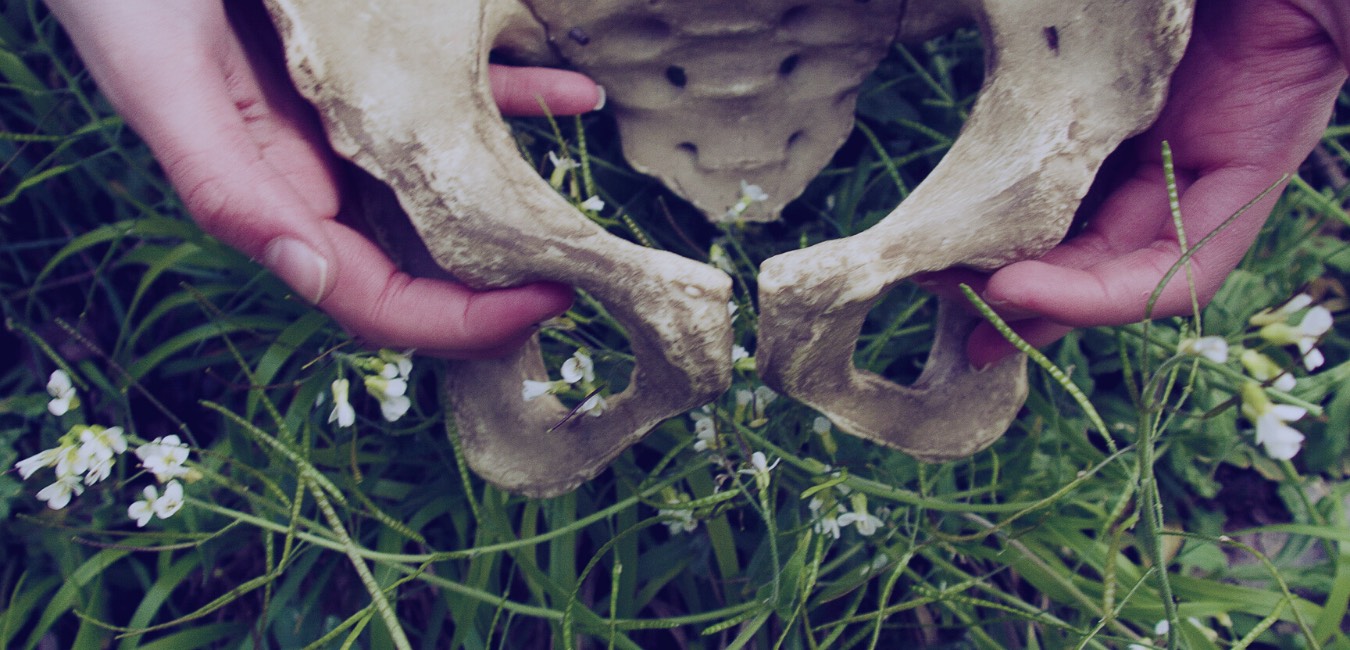What Are The Pelvic Floor Muscles?
Your pelvis is made up of a ring of bones which connects your spine to your legs and provides the stability we need to move. At the bottom of your pelvis we all have a sling of muscles which run from your tailbone to your pubic bone. They have several important jobs like supporting your bladder and rectum (and uterus, for some of us).
Just like any other muscles in the body, they can be strong or weak, underactive or overactive. The muscles can be both tight and weak, or uncoordinated. Tense or overactive pelvic floor muscles can cause issues with emptying our bladders, painful bowel movements, pelvic pain, constipation or painful sex. Weak or lengthened pelvic floor muscles can cause leakage, vaginal pressure, or pelvic organ prolapse.
What Can I Expect During The Evaluation?
Your evaluation will be similar to any other physical therapy evaluation, with a few key differences. Much of the time will be devoted to listening to you, building an understanding your pelvic floor, and developing a custom plan to help address your concerns and help meet your goals. Much of the first session is getting to know you and your story.
An evaluation will include learning about your current symptoms and your past medical history. Depending on your symptoms, your evaluation may include looking at how you stand and walk, assessing your strength and range of motion in your torso and limbs, checking your breathing pattern and mechanics, and a pelvic floor muscle assessment when you are comfortable. A pelvic floor muscle assessment would be an intra-vaginal or intra-rectal examination of the pelvic floor muscles. An internal examination can provide critical information to the therapist about your condition because those muscles, along with deep hip rotators, are frequently the cause of pelvic, hip, or low back pain. We can also properly assess muscle activation, strength, and endurance as well as muscle relaxation through internal palpation. A pelvic floor muscle assessment is done with the patient’s consent and understanding of the medical value that the examination is expected to provide.

